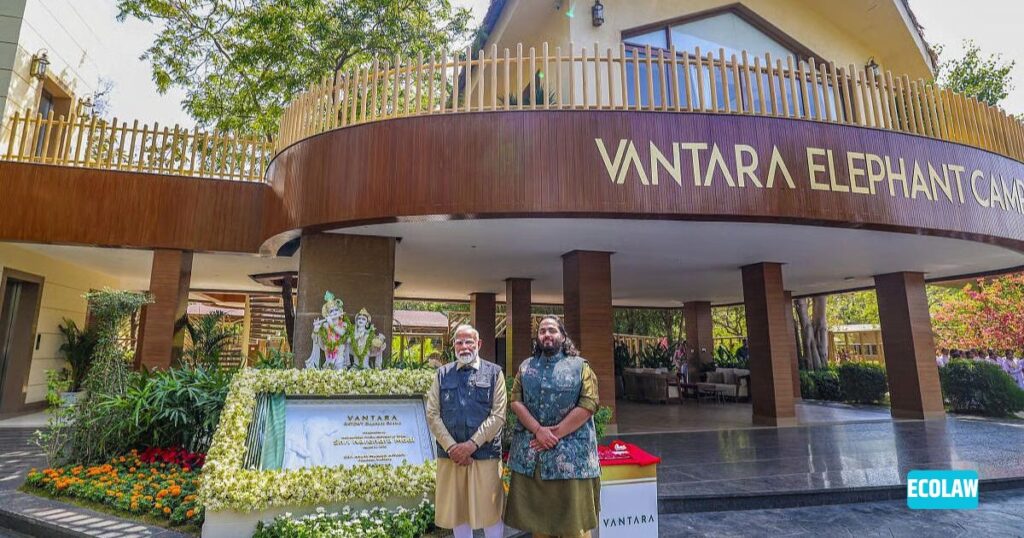The Supreme Court of India has directed the Central Zoo Authority (CZA) to conduct a thorough inspection of the Vantara Animal Care Project, a private zoo located in Gujarat and associated with Anant Ambani, the youngest son of Reliance Industries Chairman Mukesh Ambani. The directive comes amid concerns regarding compliance with wildlife protection laws and the ethical treatment of animals housed in the facility.
Background of the Case
The matter reached the Supreme Court following a petition highlighting potential irregularities in the operation of the Vantara Project. The petition raised questions about the transfer of wild animals to the facility and whether the necessary permissions and environmental guidelines were strictly followed.
The Vantara Zoo, touted as one of the largest animal rehabilitation projects in India, claims to work towards the conservation and care of rescued species. However, allegations have surfaced that the project might be functioning as a private collection under the guise of conservation, which led to judicial scrutiny.
Supreme Court’s Directive
The Bench led by Chief Justice D.Y. Chandrachud has instructed the Central Zoo Authority (CZA) to submit a detailed report after inspecting the facility. The court emphasized the need to ensure that:
- All permissions for animal transfer and housing comply with Wildlife (Protection) Act, 1972.
- There is no violation of ethical and legal norms in the zoo’s operations.
- The zoo’s primary focus remains conservation and rehabilitation, not commercialization.
Petitioner’s Arguments
The petitioner alleged:
- Unlawful transfer of animals to Vantara from other states and possibly foreign sources.
- Lack of transparency in obtaining permissions and maintaining records.
- The facility might be bypassing legal provisions by leveraging influence.
Reliance Foundation’s Response

On the other hand, the Reliance Foundation, which oversees the Vantara project, has stated that:
- Vantara is purely a conservation-driven initiative aimed at protecting endangered species.
- The facility adheres to all legal norms and guidelines issued by the Central Zoo Authority and Wildlife Board.
- The animals in Vantara are rescued and rehabilitated from unsafe or illegal conditions, ensuring better welfare standards.
Current Status and Next Steps
- The CZA team will inspect the zoo, verify documentation, and assess the living conditions of animals.
- The Supreme Court will review the findings in the next hearing.
- Depending on the report, further legal action or stricter guidelines may follow.
Why This Case Matters
- Raises important questions about private ownership of large wildlife facilities in India.
- Tests the effectiveness of wildlife protection laws in an era where private players are entering conservation efforts.
- Could set a precedent for regulating private conservation projects nationwide.
Conclusion
The Supreme Court’s proactive approach underscores the importance of transparency and legality in conservation projects. While the Vantara Zoo aims to present itself as a sanctuary for rescued animals, the court’s intervention will ensure that such initiatives align with ethical and legal standards.